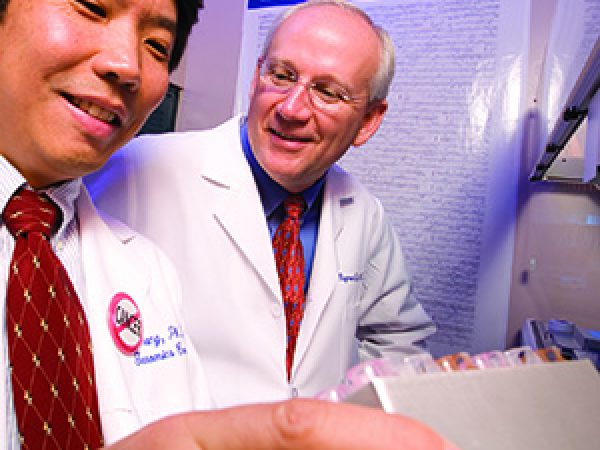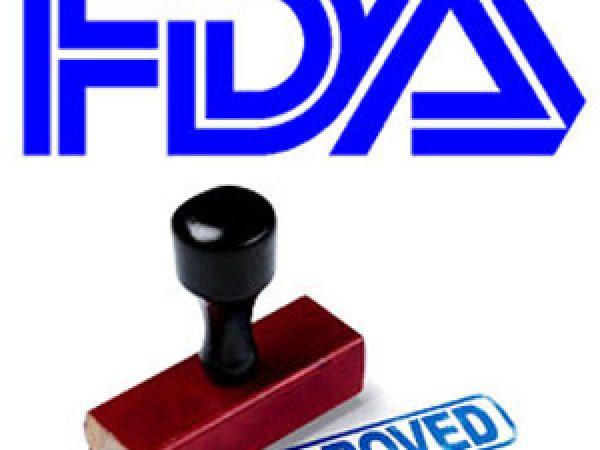Researching Cancer in the LGBT Community
Lesbian, gay, bisexual, and transgender (LGBT) people may be at increased risk of certain cancers, studies show. Researchers and advocates are also concerned that members of this group have difficulty accessing care and emotional support. However, research into cancer in the LGBT community has been limited, writes contributor Cameron Walker in a feature article in the fall issue of Cancer Today.
A variety of factors could increase cancer risk in LGBT people. Gay men are at an elevated risk of viral infections like HIV and HPV that raise susceptibility to certain cancers, such as Hodgkin lymphoma, anal cancer, and oral cancer. In lesbian and bisexual women, a relatively low rate of childbearing and breastfeeding could increase breast cancer risk. And nearly one in four lesbian, gay, and bisexual adults smoke, compared to one in six heterosexual adults.
Problems with access to health insurance and fear of discrimination can prevent LGBT people with cancer from receiving optimal health care. Finding advice from sources and groups that feel safe and supportive can also be challenging, although resources exist to help with the search.
Efforts into better understanding cancer in LGBT people are underway. In October, the National Institutes of Health designated sexual and gender minorities a “health disparity population” in need of research attention, citing cancer as an area of concern. In January 2016, researchers published a national LGBT cancer action plan based on a summit on LGBT communities and cancer held at Memorial Sloan Kettering Cancer Center in New York City. The plan encourages actions like developing support groups tailored to LGBT people and creating intake forms and health surveys that include options to fill in sexual orientation and gender identity.
The relatively simple act of making space to include sexual orientation and gender identity on forms could have the double benefit of providing valuable data to researchers and making health care providers more aware of LGBT patients and their needs. Medicare and Medicaid programs will start requiring use of electronic health care records that include the option to specify gender identity and sexual orientation in 2018.
Cancer Today is a magazine for cancer patients, survivors, and their caregivers. It is published by the American Association for Cancer Research.



